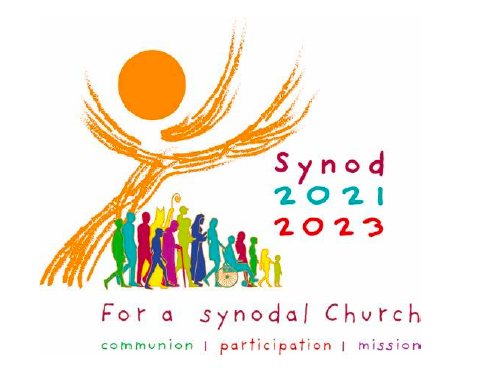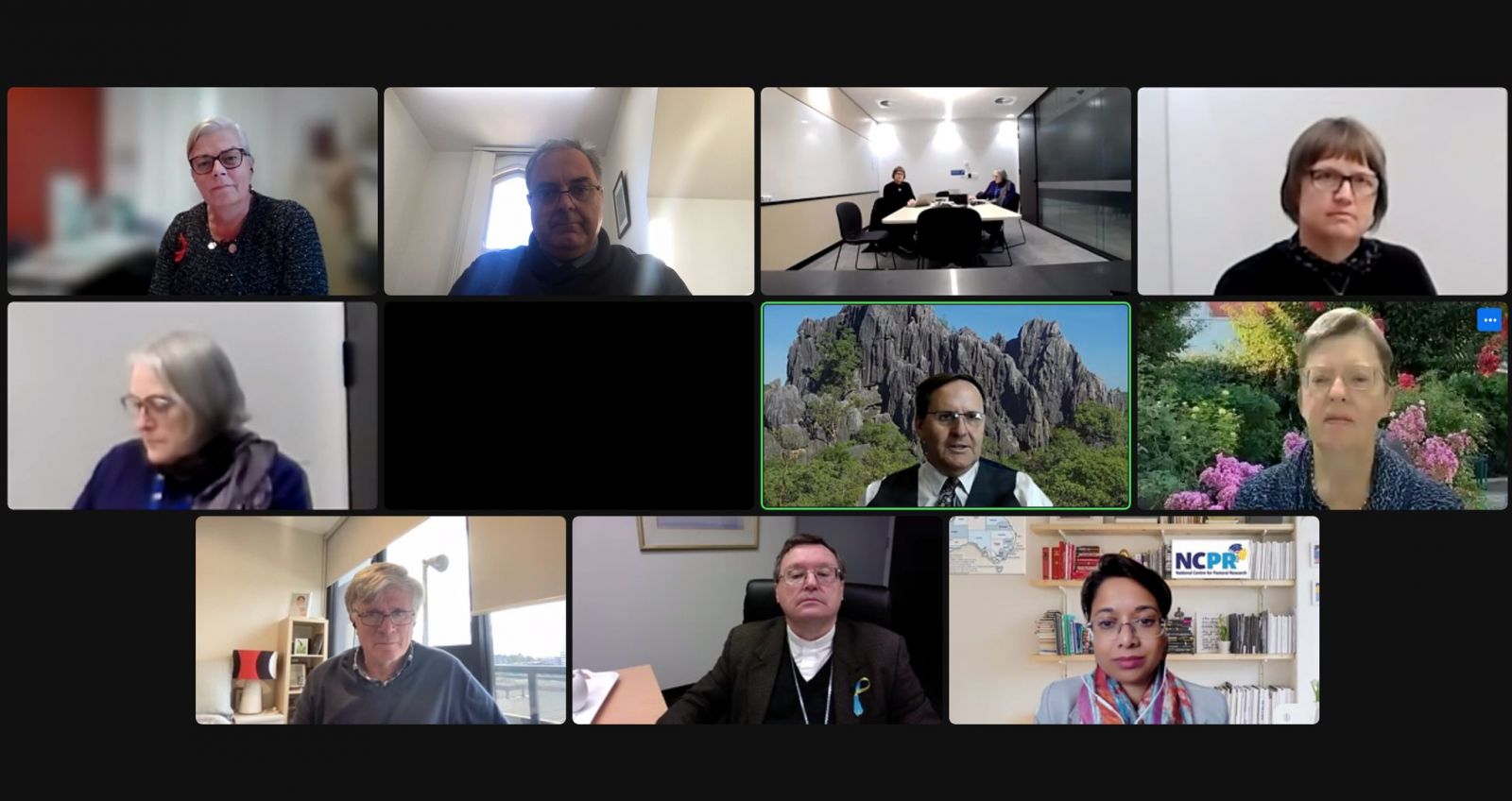- Home
- About us
- Students
- Courses
- Research
- Library
- News & Events
- Gallery
- Contact
- Our Blog
Latest News

A/Prof. Philip Kariatlis Took Part in a National Council of Churches Of Australia (NCCA) Consultation on Synodality
Jun 10, 2022
admin
A/Prof. Philip Kariatlis Took Part in a National Council of Churches Of Australia (NCCA) Consultation on Synodality
 As part of a two-year journey (2021-2023) embarked upon by the Roman Catholic Church in preparation for the Synod of Synodality, the National Council of Churches of Australia organised a consultation on 8 June 2022 which brought together representatives from different Christian Churches to relate their understanding of the place of synodality within the life of their respective Churches. Representing the Greek Orthodox Archdiocese of Australia, A/Prof. Philip Kariatlis presented a paper on this matter in question titled “An Orthodox Perspective on Synodality and Church: An Indissoluble Relationship”.
As part of a two-year journey (2021-2023) embarked upon by the Roman Catholic Church in preparation for the Synod of Synodality, the National Council of Churches of Australia organised a consultation on 8 June 2022 which brought together representatives from different Christian Churches to relate their understanding of the place of synodality within the life of their respective Churches. Representing the Greek Orthodox Archdiocese of Australia, A/Prof. Philip Kariatlis presented a paper on this matter in question titled “An Orthodox Perspective on Synodality and Church: An Indissoluble Relationship”.
In this presentation, he drew attention to the fact that the nature and mission of the Church is almost always presented within the framework of koinonia. As such, not only is the Church pre-eminently seen as a fellowship of believers—or indeed more broadly a fellowship of the entire created world with God—but the claim is also made that all ministries within the Church—including how the Church is administered—need to be communally conditioned. He noted that it was from within this communal context that the indispensability of synodality for the Church is understood.
After identifying the Apostolic Council of Jerusalem, recorded in Acts 15, as a paradigm for synodality, he further reflected on the relationship between the ‘first’ and the ‘college’ of bishops within a synodical context. Presenting the 34th Apostolic Council as a paradigm for this relationship, he highlighted the mutuality and reciprocity between the Bishop of a local Church and the ‘first’ Bishop. As noted in this canon, it is only in this proper relationship between the 'one' and the 'many' that God is properly glorified.


.jpg)





.png)